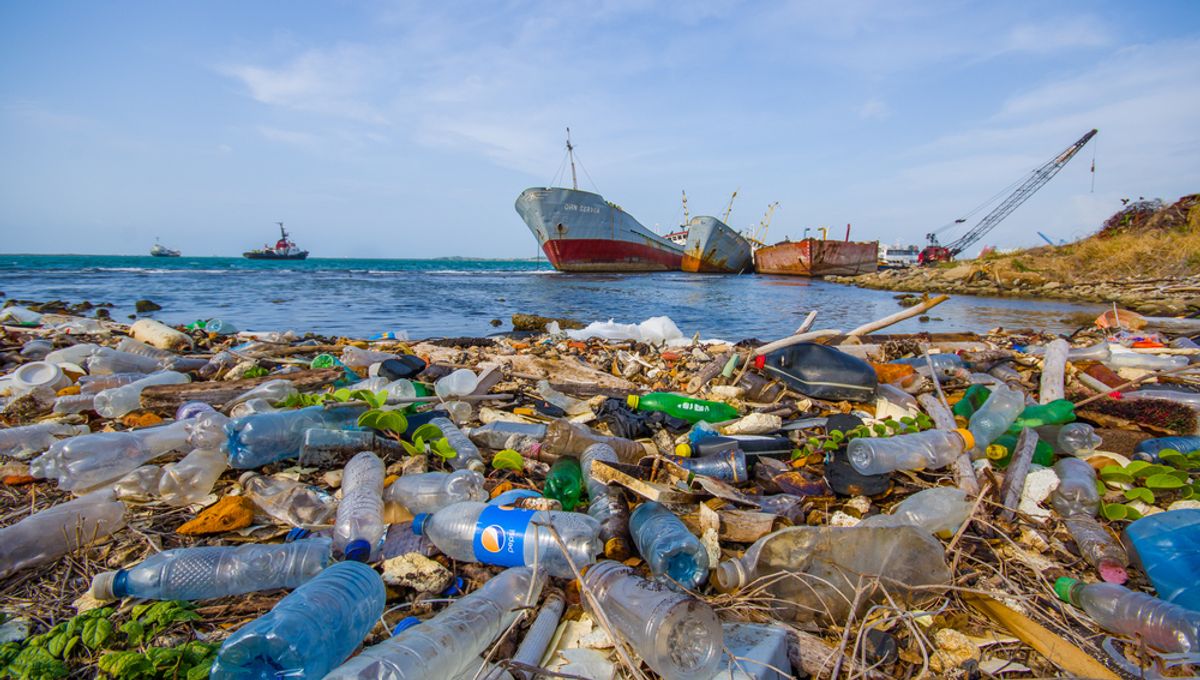
The world’s oceans are in “imminent danger” of losing the ability to support life and can only be saved by a radical reshaping of our relationship with the sea, according to the authors of a new study. Specifically, the researchers call for the implementation of a legal framework called “Earth law”, which recognizes that ecosystems have “inherent rights and value, merely by existing.”
“Humanity’s relationship with the Ocean needs to be transformed to effectively address the multitude of governance crises facing the Ocean, including overfishing, climate change, pollution, and habitat destruction,” state the authors. “Within the Earth law framework, an Ocean-centered approach views humanity as interconnected with the Ocean, recognizes societies’ collective duty and reciprocal responsibility to protect and conserve the Ocean, and puts aside short-term gain to respect and protect future generations of all life and the Ocean’s capacity to regenerate and sustain natural cycles.”
Penned by Dr Kelsey Leonard – the first Native American woman to earn a science degree from Oxford University – and policy researchers from the Earth Law Center, the paper highlights the successes of Indigenous ecological practices from around the world. Many of the examples given frame humans as “custodians” or “guardians” of nature, rather than as owners or exploiters of the planet and its resources.
For instance, the authors mention a landmark ruling in 2017 which granted legal personhood to the Whanganui River in New Zealand. Anyone wishing to utilize the river for economic activities must, therefore “recognize and have regard to not only the legal status of the River, but also its intrinsic values.”
According to the researchers, marine biodiversity has plummeted by 49 percent over the past half-century, and policies like this may represent our best hope of protecting aquatic wildlife.
Appreciating the inherent rights of the ocean can also help us to create a more sustainable fishing industry, the authors say. By way of example, they point to the decision taken by the Tsilhqot’in Nation in 2020 to forfeit their own fishing rights in order to allow Fraser River Chinook salmon to recover, thus contributing to the overall health of the river and its ecosystem.
Other examples illustrate how Earth law may help to mitigate the climate impacts of human activities. For instance, by declaring the Belize Barrier Reef a living entity in 2011, the national government was able to hold polluters accountable for much more than just property damage or financial losses. In one case, the owners of a ship that ran aground on the reef were ordered to pay reparation costs for “the loss of habitat, protection against erosion and storm surge, and biodiversity.”
Finally, the researchers say that the growing problem of plastic pollution can only be solved by acknowledging that the issue is “intertwined with colonialism and Indigenous land and water dispossession.” In other words, they attribute our tendency to deplete the ocean to the consumerist nature of Western market values.
In contrast, they say that “if the Ocean is recognized as a living entity with rights to be respected, then regulatory instruments would reorient the standards and metrics therein to holistically include ecologically based criteria to control pollution and dismantle colonial extractivism.”
Two years into the UN Decade of Ocean Science for Sustainable Development – which runs from 2021 to 2030 – the authors of this intriguing paper say that all of the goals set out by the initiative can be achieved by applying the concept of Earth law to the world’s oceans.
The study was published in the journal PLOS Biology.
Source Link: The Ocean Is A Living Entity And Deserves Legal Rights, Scientists Argue